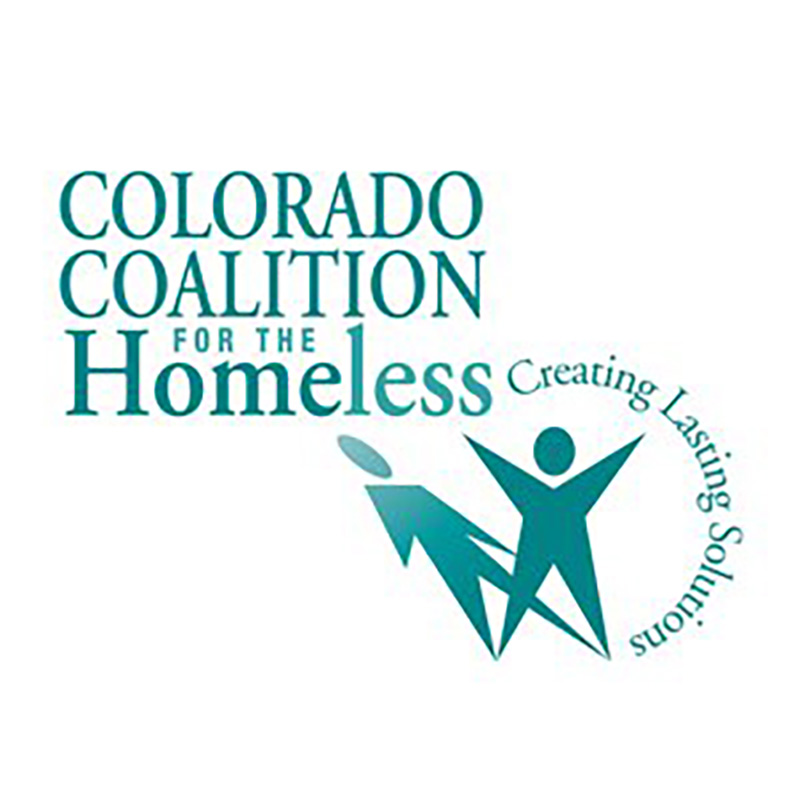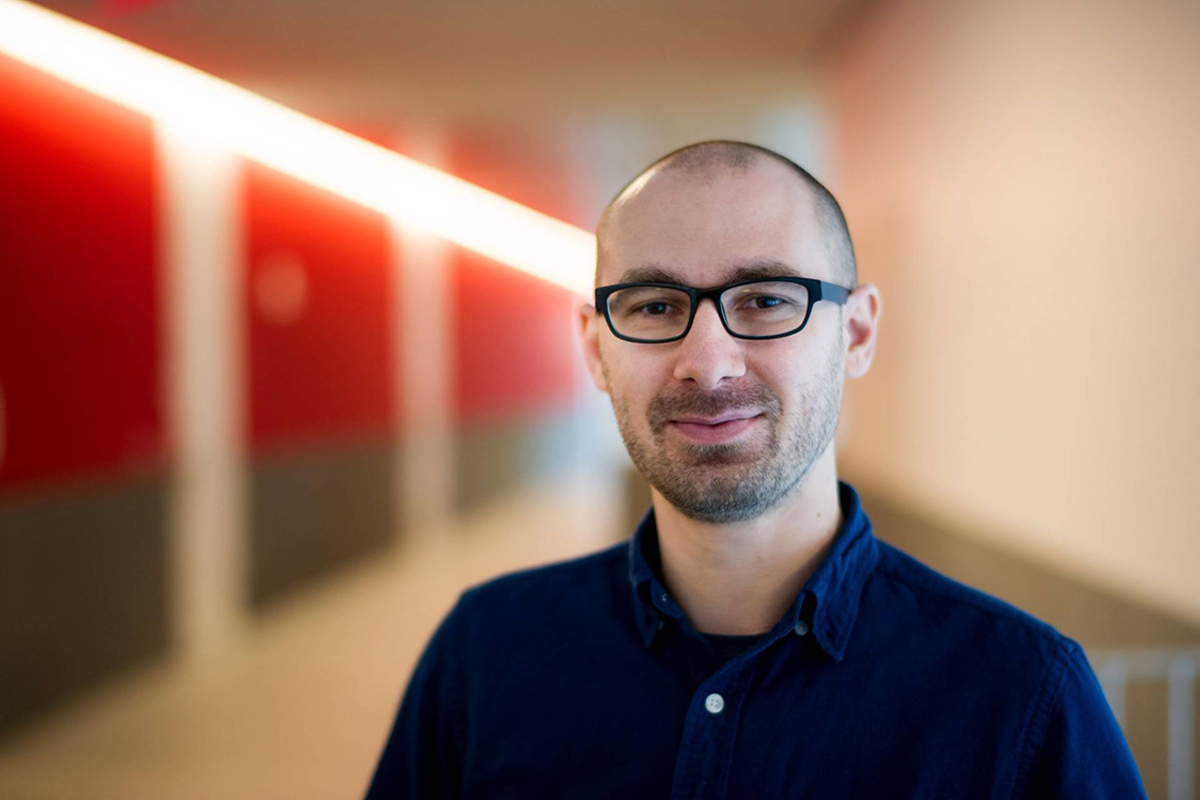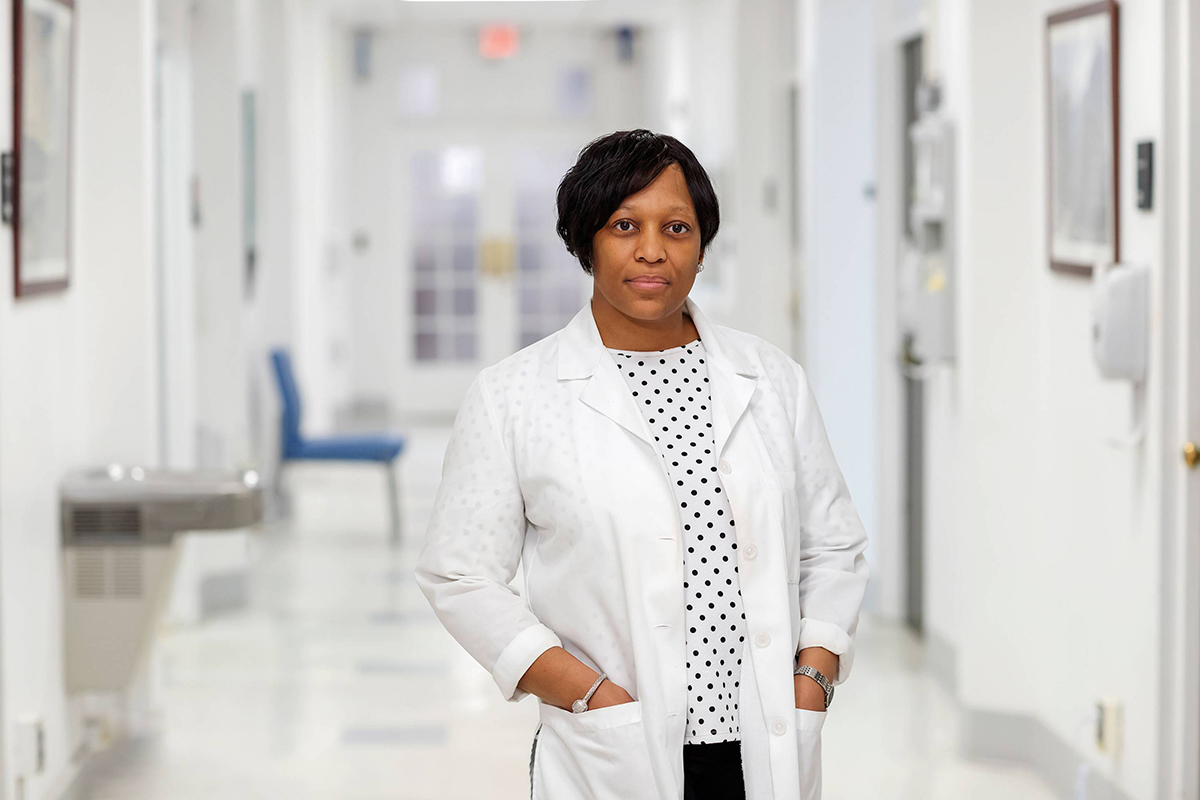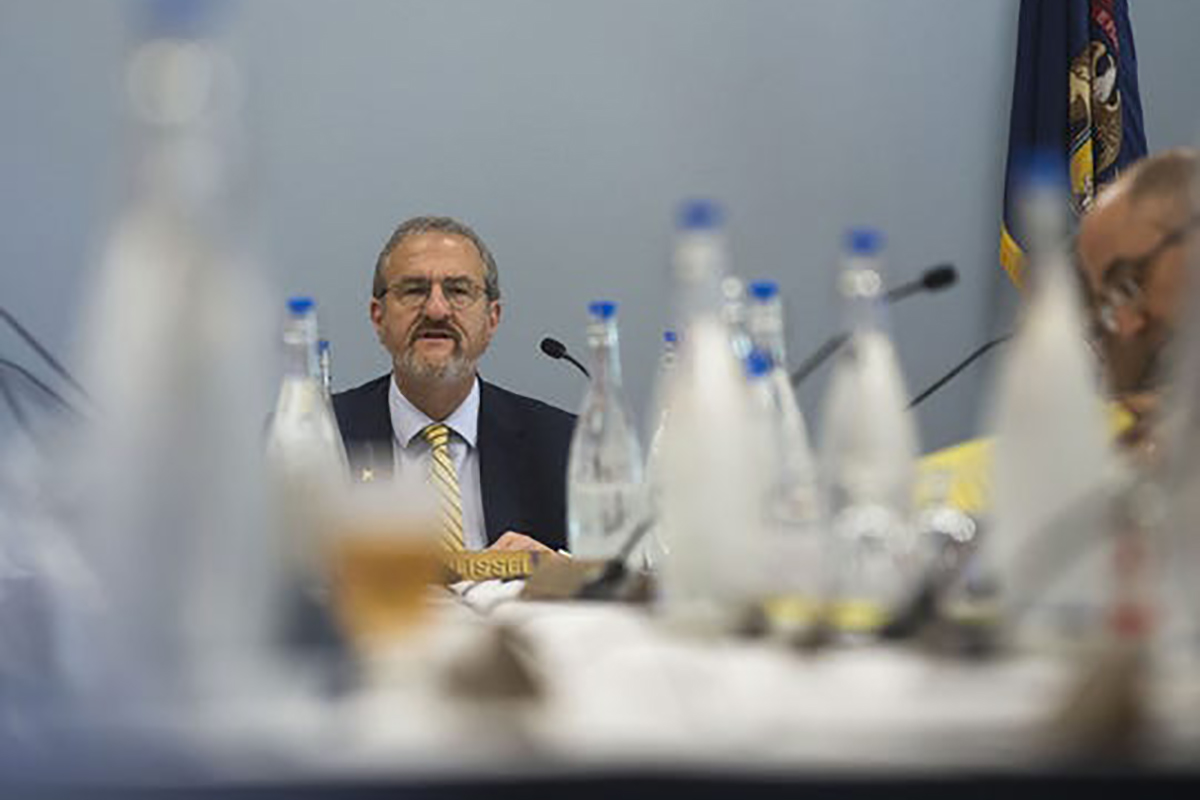
It’s one thing to shelter in place. But what if you have no shelter? A nationally recognized organization helping the homeless in Colorado mobilized swiftly to help in that state when COVID-19 hit.
The Colorado Coalition for the Homeless, with board chair T.R. Reid ’66 at the helm, rented every room in four Denver-area motels and two hotels to assist people who are homeless — about 700 rooms. They also created shelters for others — 1,000 men and women — to get them inside and off the streets.
“People on the street can’t isolate,” said Reid, who has been on the coalition’s board for a dozen years, and the board chair for four.
Actual numbers of how many homeless people have been infected or have died from COVID-19 are not known yet. A report published by the nonprofit National Alliance to End Homelessness projects that the homeless population in the U.S. “will be twice as likely to be hospitalized, two to four times as likely to require critical care, and two to three times as likely to die as the general population” as a result of the pandemic.
The coalition has continued to operate 19 permanent housing and affordable housing properties. It also operates health clinics, which Reid said have been very busy, spending 95 percent of its efforts on COVID-19 and providing that care for free.
Working with city and state government, the coalition turned the Denver Coliseum and National Western Stock Show Complex into 24-hour shelters with cots 6 to 10 feet apart. A positive outcome since the pandemic started, from Reid’s point of view, is that the coalition’s decision to keep shelter spaces open for 24 hours, rather than only overnight, has spread to other groups offering homeless aid in the state.
The coalition’s hotel rooms for pandemic-relief are booked until July. Reid said it is not known what will happen afterwards, but in the meantime, plans are going forward to open a 60-room respite care space, hopefully in November, so that seriously ill clients released from hospital emergency rooms have a place to recover. The recuperative care center will also have 98 units of low-cost permanent housing.
Additionally, the organization is considering the purchase of two of the six accommodations they are now using to add permanent housing space.
“It’s the professionals doing this,” Reid said. “My job is to say, ‘Go for it and I’ll find you the money.’” He has been heartened by foundations and charities who have come forward to help.
Reid, a journalist, author, and documentary filmmaker, has written extensively about health care in the U.S. and internationally. His sense is that the pandemic has put increased awareness on the gaps in our health care system. He estimates that he gives 50 speeches a year with the message: “Let’s provide health care to everyone in this country.”
To that end, he has been named to a Colorado task force to figure out how to make health care available to everyone in his state.
Learn more about the Colorado Coalition for the Homeless on its website and Facebook page.




